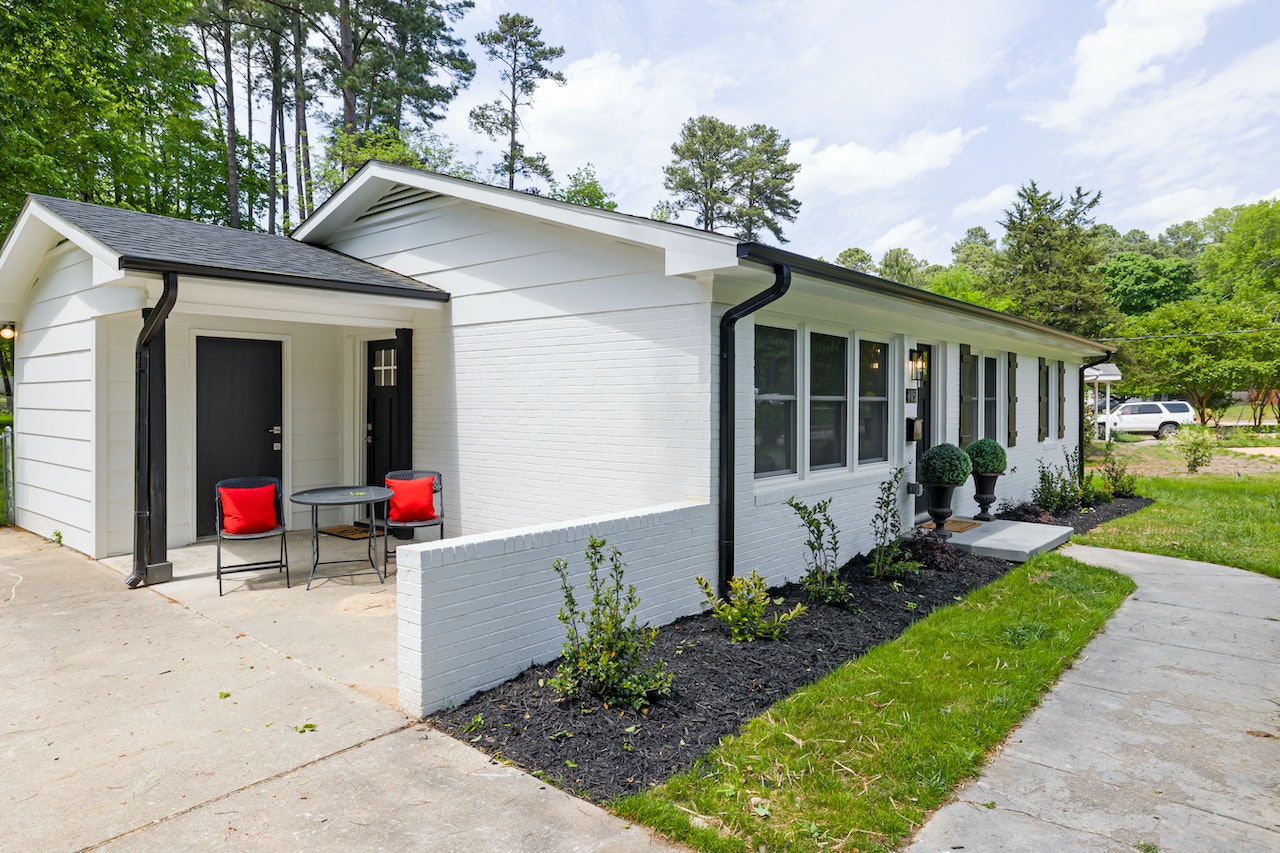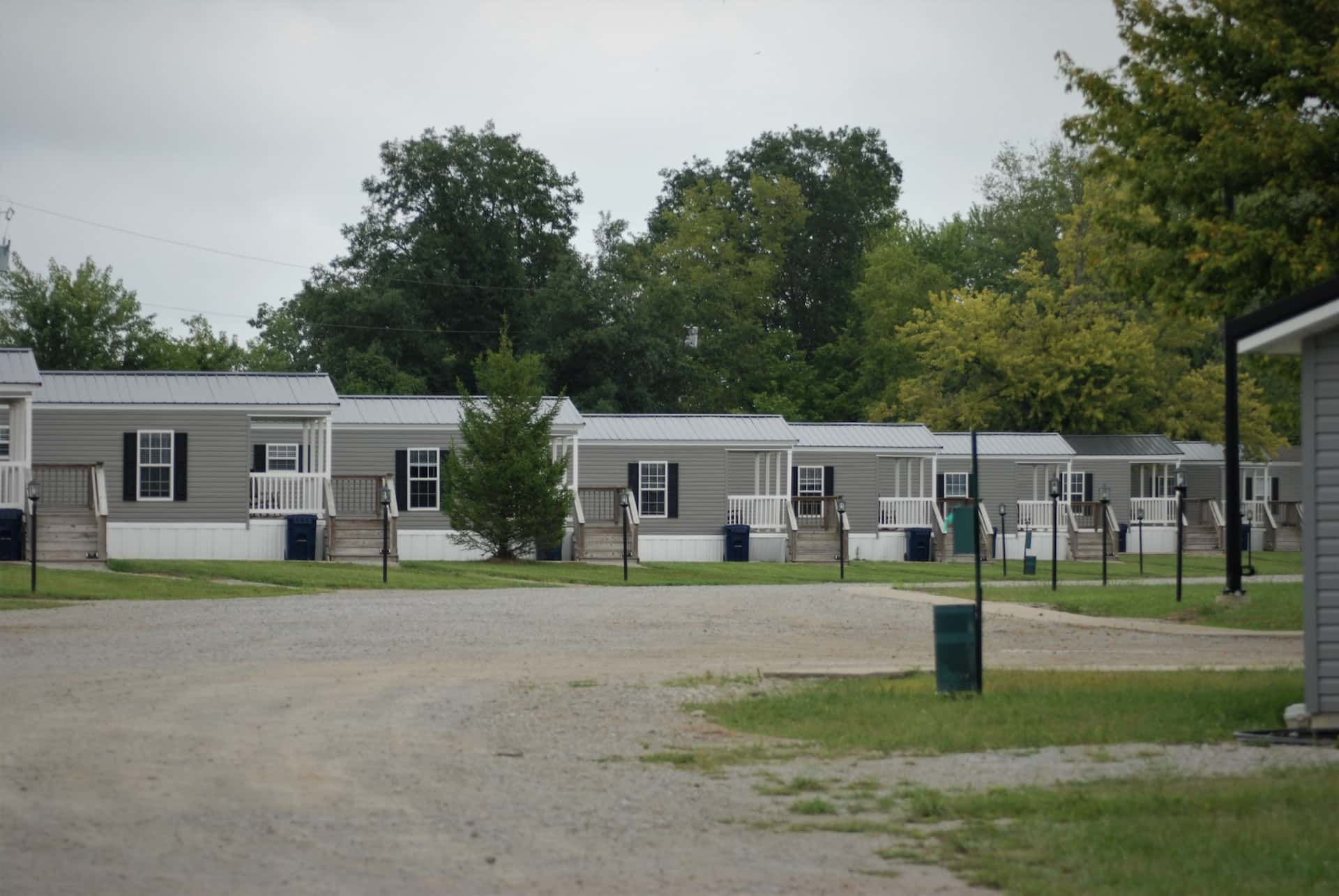Mobile home insurance, or manufactured home insurance, is a specialized type covering mobile homes and the property within them. This type of insurance is essential for mobile homeowners since it protects them from various risks, such as fire, theft, and weather-related damage. However, buying mobile home insurance can be a complicated process, and people often need to correct some common mistakes.
Here are mistakes to avoid when purchasing mobile home insurance.
1. Not Doing Enough Research
One of the most common mistakes people make when buying mobile home insurance is to do more research. Many choose the first insurance provider or the one with the lowest quote. This can lead to coverage that needs to be improved or overpriced.
Instead, take the time to research and compare different insurance providers, their policies, and their prices. This will help you find an insurance provider that offers the best coverage for your specific needs at the best price.
2. Underestimating the Value of Your Mobile Home and Belongings
Another common mistake people must pay more attention to when buying mobile home insurance is underestimating the value of their homes and belongings. This can lead to purchasing a policy with coverage limits that are too low, which can leave you with significant out-of-pocket costs in the event of a claim.
To avoid this mistake, accurately calculate the value of your mobile home and belongings. Consider factors such as the age, size, and condition of your home and the value of your personal property, including furniture, appliances, and electronics.
3. Not Considering Coverage for Additional Structures
If you have other structures on your property, such as a shed, detached garage, or carport, ensuring your mobile home insurance policy also covers these structures is essential. Many people need to remember to include these structures when purchasing insurance, leaving them unprotected in the event of damage or loss.
When shopping for mobile home insurance, ask about coverage for additional structures and include them in your policy.
4. Skipping Important Coverages
Several types of coverage are essential for mobile homeowners, such as personal property coverage, liability coverage, and loss of use coverage. However, some people may skip these coverages to save money on their insurance premiums.
Skipping important coverages can leave you financially vulnerable in the event of a claim. Carefully consider all the available ranges and purchase a policy that provides the protection you need.
5. Not Understanding Policy Exclusions and Limitations
Every insurance policy has exclusions and regulations; mobile home insurance is no exception. Some common exclusions include flood damage, earth movement (such as earthquakes or sinkholes), and damage caused by pests or rodents.
It’s essential to fully understand the exclusions and limitations of your mobile home insurance policy so you can make informed decisions about additional coverages you may need, such as flood insurance or earthquake insurance.
6. Failing to Update Your Policy after Making Improvements or Changes to Your Mobile Home
As a mobile homeowner, you may improve or modify your home over time. These changes could include adding a room, upgrading your kitchen, or installing a new roof. However, many people need to remember to update their insurance policy after making these improvements, leaving them underinsured in case of a claim.
If you make significant changes to your mobile home, contact your insurance provider to update your policy and ensure adequate coverage limits.
7. Not Shopping around for Better Rates or Discounts
Insurance rates can vary widely between providers, so shopping around and comparing quotes from multiple companies is vital. Additionally, many insurance providers offer discounts for factors such as having multiple policies with the same company, having a good credit score, or installing safety features in your mobile home.
Ask about available discounts and compare rates from multiple providers to ensure you get the best coverage at the best price.
Conclusion
Buying mobile home insurance can be a complex process. Still, by avoiding these common mistakes, you can make informed decisions and get the best coverage for your needs. Take the time to research and compare insurance providers, accurately assess the value of your mobile home and belongings, and include all necessary coverages in your policy. By staying proactive and informed, you can ensure that your mobile home insurance policy offers the protection and security you need for your unique situation.
Florida Manufactured Home Insurance Agency has established itself as a reliable and trusted source for various insurance needs of Florida residents. With our specialization in manufactured home insurance, boat insurance, auto insurance, and golf cart insurance, we cater to a wide range of clients, ensuring comprehensive coverage and peace of mind. If you need help with mobile home insurance in Florida, do not hesitate to contact us for assistance.








